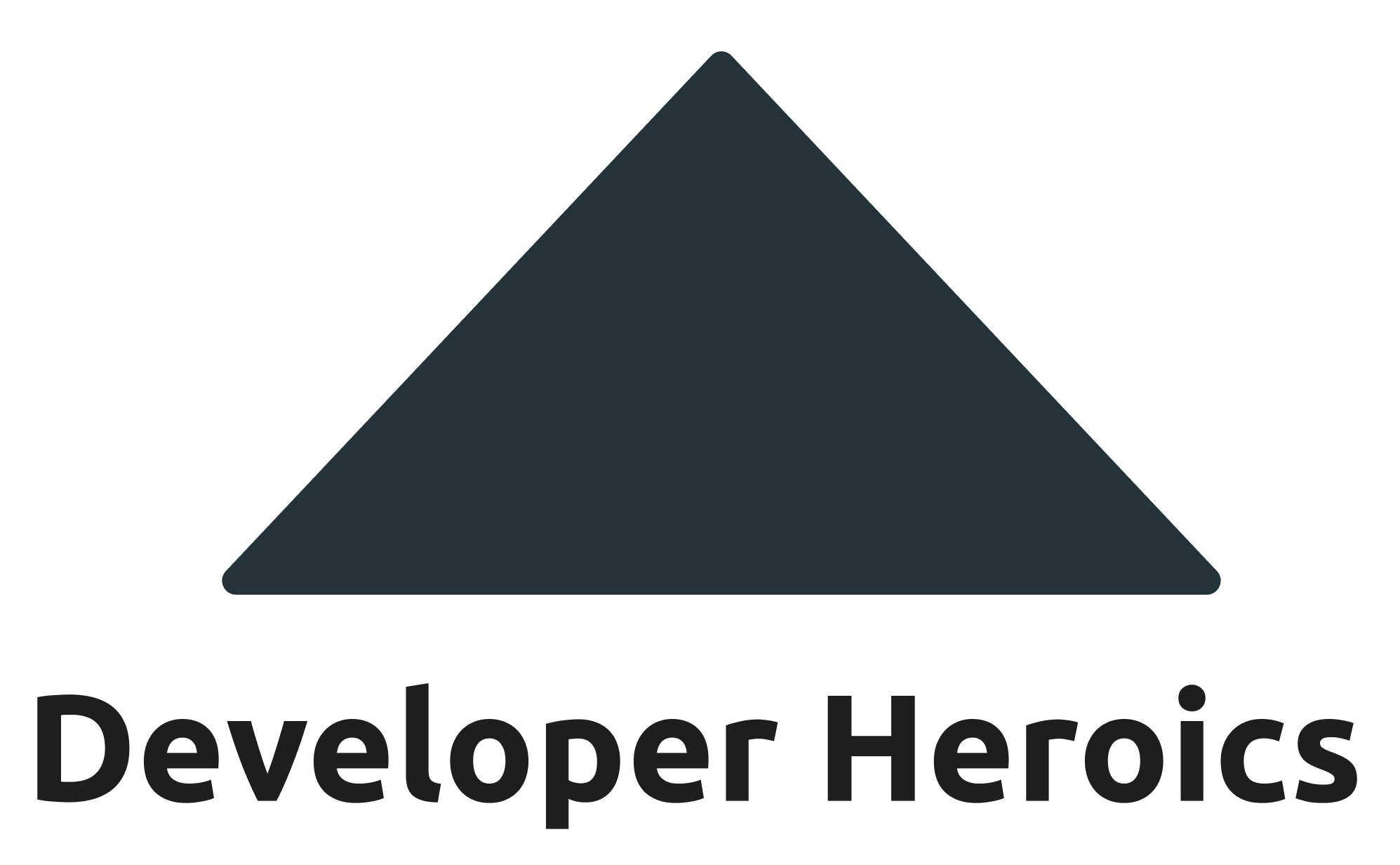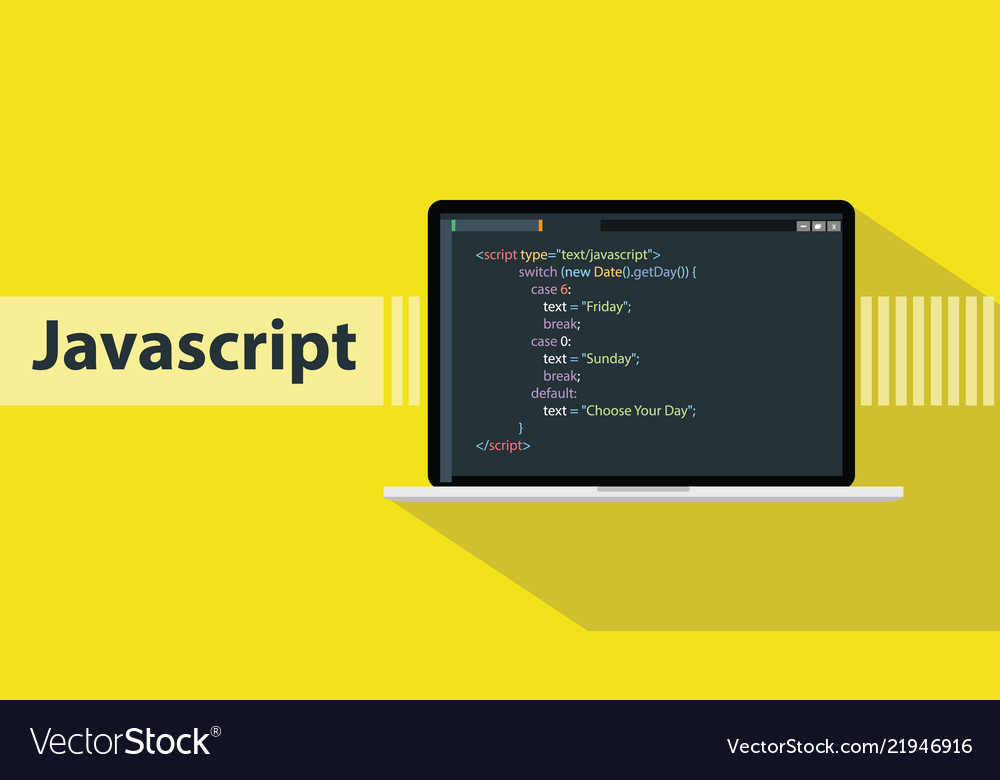Programming can be an extremely lucrative and rewarding career path. For most, the hardest part is figuring out how to get your first programming job. I put this guide together in hopes that it expands the barrier of entry. That said, there is some bias included as it is based on my experience and insights I have gained from my network.
Table of Contents
Sharpen Your Skills: Building a Solid Foundation
While formal education is a plus, it simply is not a requirement in today’s market. There are so many resources available to learn coding for free or at least much cheaper than a college degree. Even so, keep in mind that a college degree will allow you to have a deeper learning than online or short-term resources. Here’s what to focus on:
- Pick Your Programming Language: Which programming language does not matter as much as most people think. What is important is that you pick JUST ONE. Pick a language that is related to your interest. are you interested in Data? Python is probably the right choice. Interested in building beautiful interfaces? Javascript is probably the way to go since you can focus on front-end engineering.
- Master the Fundamentals: Before you decide now is the time to build the world’s new revolutionary social media app, make sure you have a firm grasp on the basics. My personal favorite resource is W3Schools because it has so much content and training materials.
- Practice Makes Perfect: Coding is one of those things that you really have to work at. Platforms like HackerRank or LeetCode offer coding challenges to test and improve your problem-solving abilities. You must keep a routine of practice if you are really dedicated to landing your first job.

Building Your Portfolio: Showcase Your Work
Resumes are important, but for programmers, a portfolio is the cream of the crop. What must go into a portfolio you ask? Here is a guide:
- Personal Projects: Think beyond basic coding exercises. Develop projects that showcase your creativity and problem-solving skills. Build a simple game, create a to-do list app, or scrape data to visualize interesting trends. In most boot camp programs, you will be developing a portfolio with class projects.
- Open Source Contribution: The open-source community welcomes contributions. Find projects on GitHub that align with your skills and contribute code. This demonstrates your ability to collaborate and work on real-world projects. Not only are you working on a real production code base, but you are also working with engineers who have context on the subject and will be able to help get your projects through.
- Freelance or Volunteer Work: Take on freelance gigs or volunteer for non-profits. This provides experience working on real projects. For me personally, my first engineering job was attained when I DM’d a local hiring manager asking to intern for free, and he happened to be backfilling a contracting resource the company had just lost.
Here is a list of awesome portfolios for inspiration: https://www.freecodecamp.org/news/15-web-developer-portfolios-to-inspire-you-137fb1743cae/
Crafting Your Resume: Highlighting Your Skills
Your resume is your first impression. A lot of companies are using AI to weed through resumes that don’t fit, so make sure that you:
- Tailor it for Each Job: Don’t use a generic resume. Analyze the job description and highlight the skills and technologies they mention. Yes, it is inconvenient to have to adjust your resume EVERY time you apply, but you want the job, right?
- Quantify Your Achievements: Did your project reduce loading times by 20%? Mention that! Quantifiable results demonstrate the impact of your work. In a lot of companies, the first look at your resume is not by an engineer, so the better you can convey your achievements to general people, the better.
- Focus on Projects: Don’t just list skills; showcase how you’ve applied them. Briefly describe your projects, emphasizing the challenges you tackled and the technologies you used. Don’t list skills you don’t actually have. You will get asked about most things on your resume at some point in the interview process.
The Art of the Interview: Confidence is Key
Getting to the interview is the hardest part. Now that you are here, the business most likely already thinks you have the skills necessary for the role, it is just for confirmation. Here are some tips to present yourself well:
- Research the Company: Check out the prospective company marketing site. What are they selling? Is this a company you support?
- Practice Common Questions: Mock interviews are great in theory, but keep in mind you will most likely be interviewing with non-engineers at some point. Make sure you are able to answer the common questions like “What is your 5-year plan?”.
- Be Enthusiastic and Articulate: Fake it till you make it. If you are answering a question, lean into it. Are you unsure of the answer? A simple “I’m not confident I have the answer, but I could get to the bottom of it with a little bit of research time” would go a very long way in showing your determination.
- Ask Questions: Don’t just answer; engage in a conversation. Ask thoughtful questions about the role, the team, and the company culture. The last thing you want to do is start the job and then figure out the company is a nightmare to work for.
The Job Hunt: Persistence Pays Off
Landing your dream job will take time and effort. There is no way around that. Here’s the best way to maximize your chances:
- Leverage Online Job Boards: Utilize platforms like Indeed, LinkedIn, and Glassdoor to find programming jobs. Set up job alerts for relevant positions. Unfortunately, this has always been the least reliable source for me, but it never hurts to keep trying.
- Network Within the Industry: Connect with programmers on LinkedIn or attend meetups and conferences. Networking opens doors to new opportunities and provides valuable career advice. All of the career opportunities I have gotten have been through my network. I am far from a genius engineer, but if people like you, they are more likely to want to work with you.
- Don’t Get Discouraged by Rejection: You have heard the horror stories. After the 4th interview, the interviewee is ghosted. Unfortunately, that is just part of the job search. What can you learn from the interview process? Did the engineering manager seem to like you and someone else didn’t? How can you convince C-level individuals you are fit for the role?
Conclusion: You have learned how to get your first programming job; now what?
Landing your first programming job is exciting, but the fact is the industry is consistently changing and evolving. The journey doesn’t stop here. Keep learning, growing your skills, and building your network. If you picked JavaScript as your engineering language, new frameworks will come out on almost a weekly basis that have new technology for you to learn.
Now, get out there and code something amazing!
P.S. Thanks for reading, please continue checking out our content at https://www.developerheroics.com




